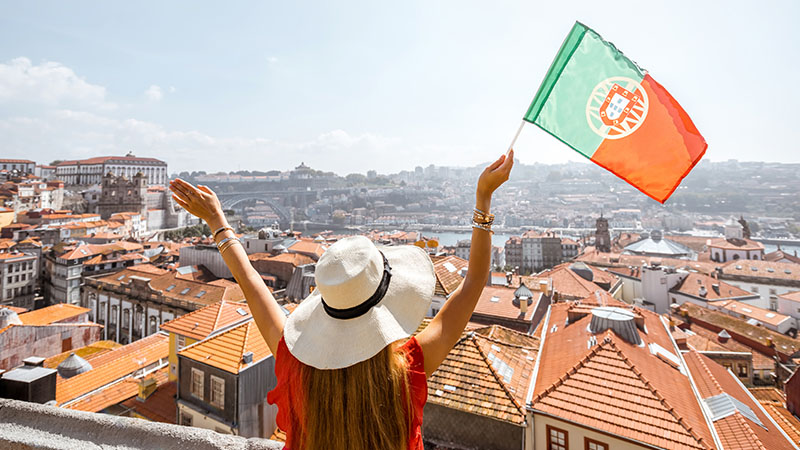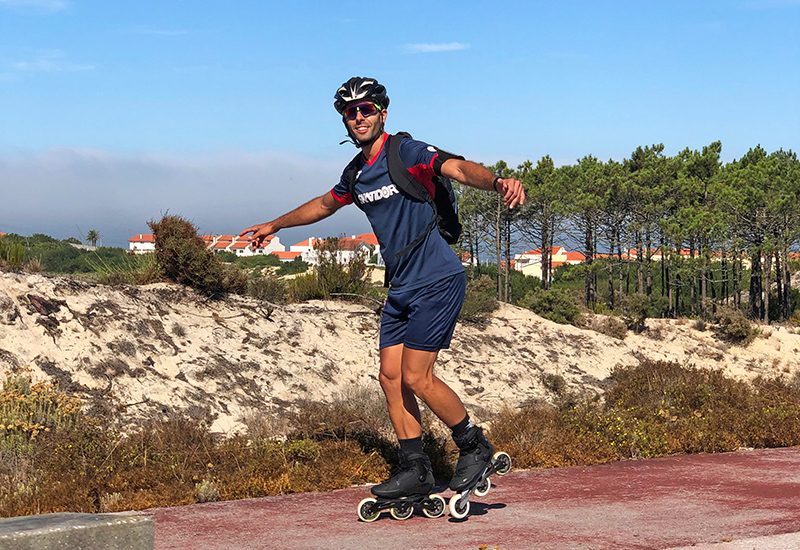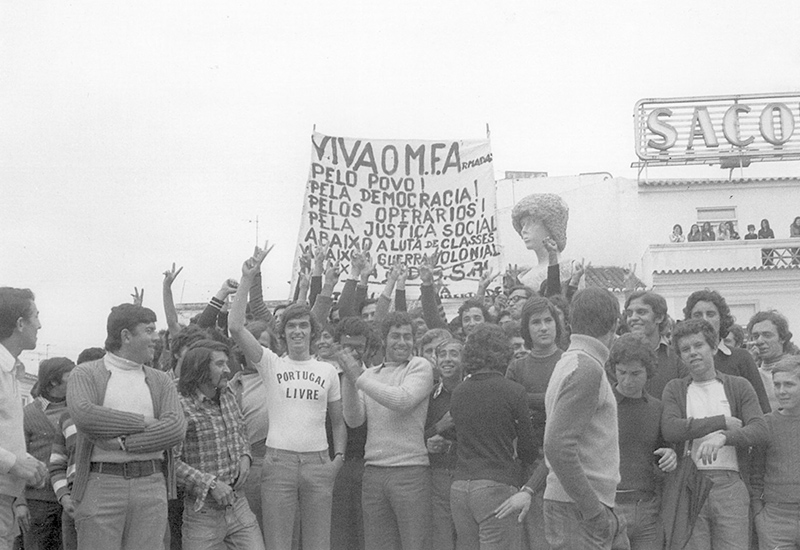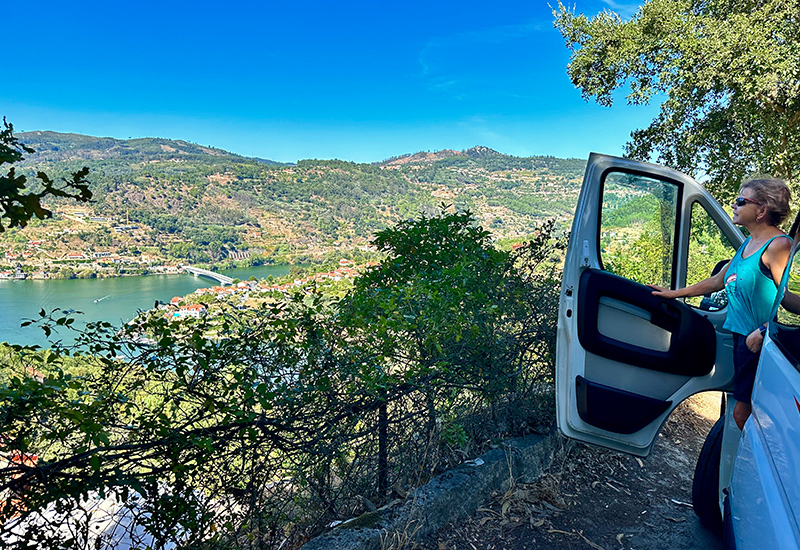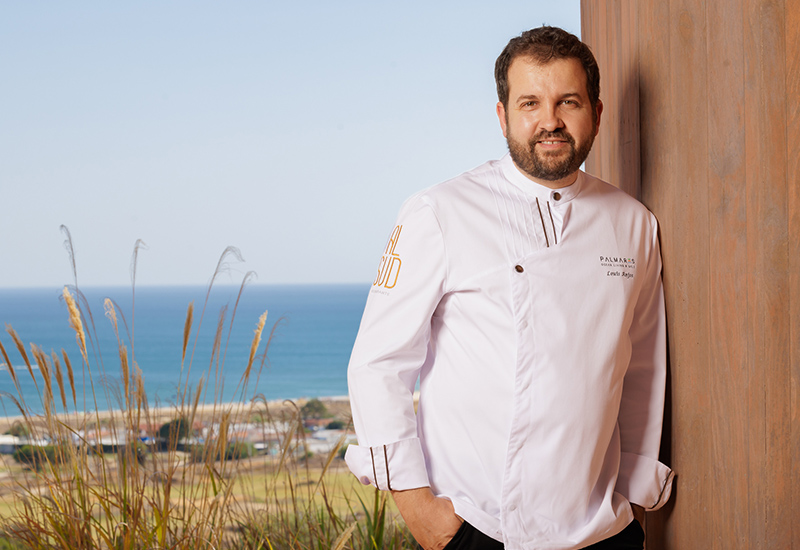No longer just a haven for retirees seeking sun and golf, Portugal is now attracting Americans from all walks of life, including hipster digital nomads and adventurous young families.
For the last decade, Portugal has begun to appear on the American radar as more than just a tourist destination. Indexes used to evaluate quality of life consistently rank Portugal as a top choice. Live and Invest Overseas has nominated Portugal (specifically the Algarve) as the #1 best place for Americans to live abroad for the last seven years running. Two years ago, Forbes published a piece naming Portugal as the best retirement destination in the world for Americans.
So what makes Portugal so popular? Affordability (housing, food and healthcare), high personal safety, good education, temperate climates, tasty food, an English-speaking population (mostly) and friendly people. Add to this attractive mix a relatively easy to obtain residency visa and a treaty with the US that avoids double taxation. For many Americans seeking a change of scenery, Portugal ticks every box.
American retirees have been settling in Portugal for several years already, but the influx of young, working digital nomads and families with small children has increased rapidly in recent times. Since the start of the COVID-19 pandemic, more Americans than ever before are deciding on a change of home.
The reasons for this are perhaps less well-known, especially to those not familiar with daily life across the pond. Once considered the greatest country in the world and the place to realise your dreams, the American quality of life has seen a steady decline for years. Prohibitive and increasing taxes, ridiculously expensive and often unaffordable healthcare, soaring gun violence and road rage, high housing costs, lower salaries, fewer jobs and skyrocketing inflation have sent many Americans seeking a better alternative abroad.
Some Americans are also weary of the government circus. The apathetic, ineffective political system no longer embodies the American Dream. Instead, recent years have created unprecedented polarisation and severe social divides. Mental health problems have also increased under the emotional and financial crisis created by the global pandemic. In many major cities, including Seattle, Portland and Los Angeles, homeless drug addicts live in mass tent conglomerations begging for food amidst burning trash cans and discarded needles. The tableau is grim.
For Oran and Mark Osterman, the choice to move now and retire at the age of 55 and 60 was easy. “We could not have retired at this age in the US, and certainly not at this stage,” Oran explains. In the United States, you have to be 62 years old before you receive any social security, 59½ years old before you can touch any retirement money and 65 years old before you get medicare. “We were so far away it was almost depressing,” she adds. “We had already worked for 30 years and we were going to have to work for at least ten more before we could stop and do anything fun.”

After the sudden death of a friend who was young and healthy (not from COVID), the couple decided it was time to enjoy life while they still could. In 2017, they took a cruise through the Mediterranean. “We got the travel bug,” Oran says joyfully. After that trip, they began research on the best places to retire. Portugal was consistently at the top. Two years later, despite the pandemic, they came on a scouting mission. As soon as they arrived in Lagos, they knew they had found their new home. In February of 2020, they settled into their new Algarvian abode.
“No more shovelling snow and ice,” says Mark, who loves the rich history in Portugal, the ease of travel to the rest of Europe, the high-quality, affordable healthcare and the delicious local wine. To obtain a retirement visa, applicants must show either an annual income of at least 15,000 € or invest in property valued at 600,000 € or more.
More and more families have also chosen to relocate to Portugal thanks to the possibility of affordable, private education and a priceless heap of well-being. Gun violence, world police tolls and political despondency are not things any of them miss.
One family from Colorado decided to sell everything and pack up after a deadly shooting at one of their children’s schools. Another young family in Burgau chose to leave the United States because they could give their children a far better education here than back at home. A third family left Spain in favour of Portugal because the tax benefits are so much better.
For award-winning freelance writer Stacey Ennis, Portugal provided a far better option to live abroad than the first country they tried – Thailand. They spend weekends at the beach and love their outdoor sports. They have the space they craved at an affordable price and the best part – the local schools. Stacey loves that mindfulness and gardening make up part of the curriculum and her children get the attention they need in small, nurturing environments with teachers who care.

Part of Portugal’s appeal to Americans specifically (aside from speaking good English) is also the ease of obtaining a residency visa. Americans can relocate thanks to the D7 working visa, which requires newcomers to prove they can support themselves financially (around 9,000 € per year in earnings), have no criminal record and have a place to live (one-year rental contract or purchased property). The Golden Visa gives residency permits too, but this option is aimed at wealthier populations.
Young digital nomads, for instance, can rarely afford to buy a 600,000 euro house just to get residency. With the D7 working permit at their disposal, they don’t need to. For those who work abroad and have solely foreign income, there is the added benefit of the Non-Habitual Residency (NHR) permit, which provides ten years of tax-free income on any money earned abroad. For many who work from home, this is a huge bonus. Salaries in the United States far exceed the local wages in Portugal, which means expats who work online can afford a much higher quality of life than they could back at home.
For Claudine Arthurs, a multi-cultural American artist, entrepreneur and dreamer who recently launched her first NFT (Non-fungible token) collection, moving to Lisbon five years ago was the best decision she’s ever made. She calls Lisbon ‘the supermodel city’ because of its resplendent architecture and beauty. “I’ve been able to create myself anew here and realise many dreams that did not or could not, manifest for me in America,” says Claudine, who also loves the great workout she gets hiking up the hills and the lovely local people who made her feel welcome immediately. “I feel at peace here on so many levels, which is huge!”

For Sarah Duryea, a young, digital nomad from Oakland, California who has been working remotely for almost five years, moving to Lisbon gave her a better quality of life. The largest motivating factors were social and political, although she says the NHR was also an attractive financial benefit. “Being American these days feels like you’re a bad global citizen,” she explains. “I’m ashamed to say I’m American.” At least here in Portugal, the country is trying to take care of its people. “It’s not perfect, but it’s a huge step up from the US,” she adds.
While many younger people flock to larger cities, more and more are choosing the Algarve. Known for its charming marina, diverse food and rich history, Lagos is attracting more Americans than ever before. “I’ve seen a huge rise in the number of Americans since we moved here ten years ago,” says Abigail Ribeiro, the owner of Abigail’s Cafe in central Lagos. “We used to be ‘the Americans,’ and now we’re just part of the crowd.”

Whether the reasons are financial, social, political, atmospheric or a combination of the above, the Americans who have chosen Portugal are happy with the change. There are challenges to being in an unfamiliar culture – especially if you don’t speak fluent Portuguese – but the advantages far outweigh the downside. And the possibilities for those who come with an open mind and a desire to create are – literally– endless.
Mark Osterman’s sentiments were echoed by the masses. “It was time to step off the treadmill and start enjoying life while we still can.”
Meredith Price Levitt is an American freelance writer and expat for nearly 30 years. You can reach her at meredithmprice@gmail.com
